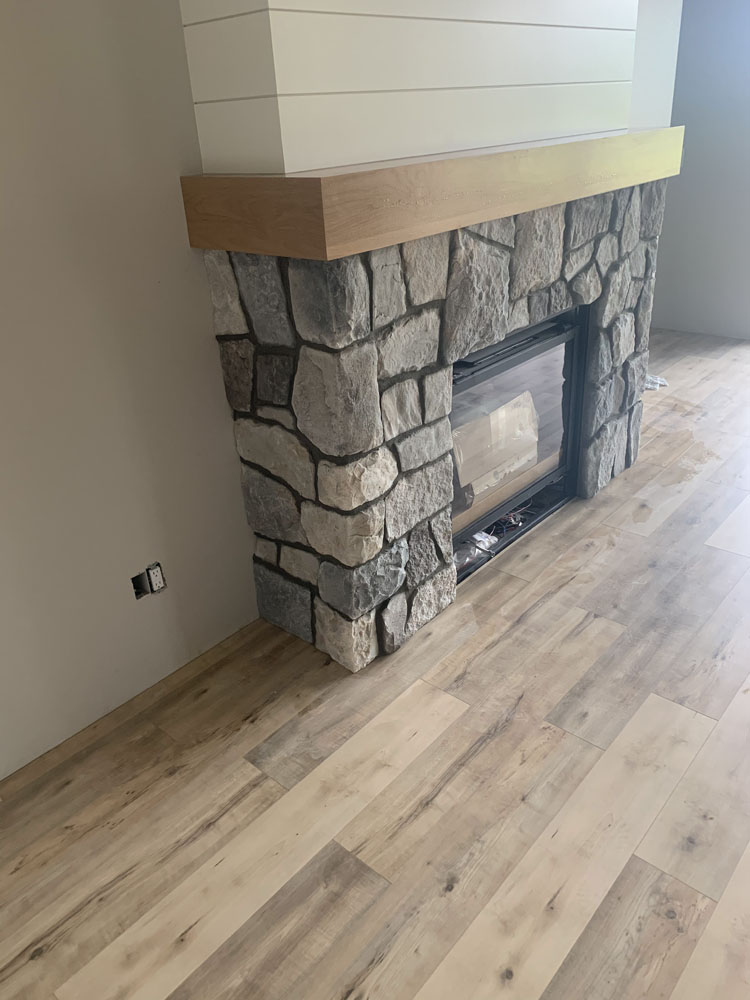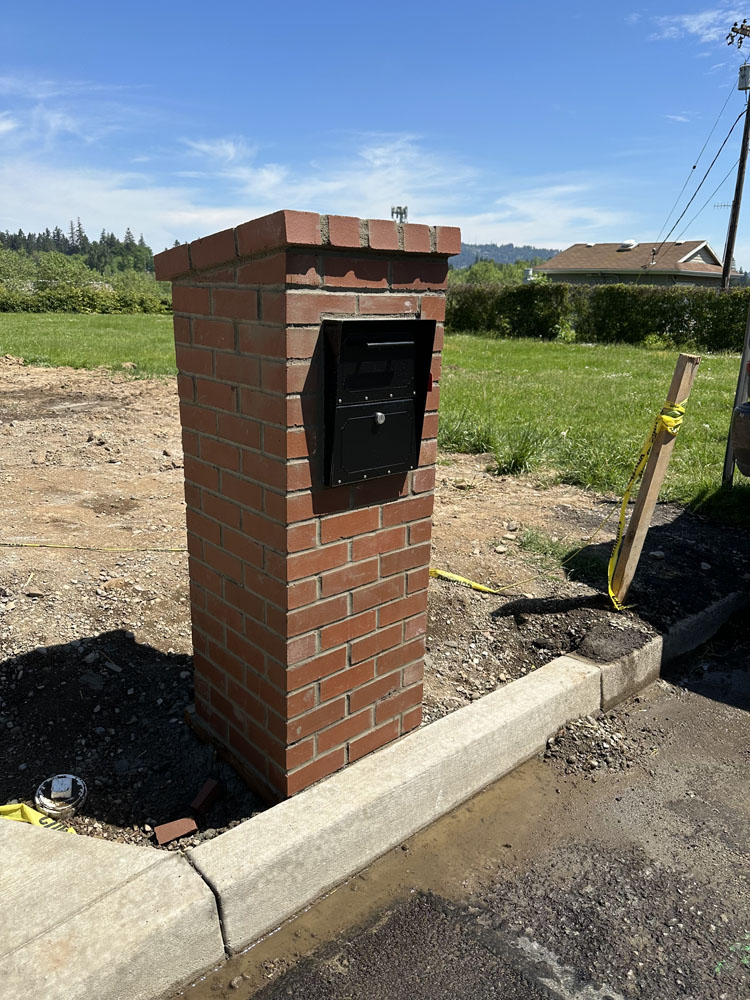Introduction
Masonry has been a cornerstone of building style and building for centuries. The methods employed by knowledgeable stonework contractors have actually progressed substantially from the old civilizations that initially used the power of stone and brick. In this post, we'll delve deep right best mason near me into the world of stonework, discovering its abundant history, contemporary advancements, and understandings from skilled professionals in the field.

What is Masonry?
Masonry describes the structure procedure that uses products such as stone, block, or cinder block. It's an approach that not only stands the test of time however likewise uses visual allure and structural stability. With origins mapping back hundreds of years, masonry has been essential in producing a few of humanity's most famous structures.
The Development of Masonry Techniques
From Old Rocks to Modern Frameworks: Insights on Masonry Strategies from Skilled Contractors covers a wide variety of stonework practices. This advancement showcases exactly how developments have actually transformed conventional techniques into contemporary approaches.
Historical Overview of Masonry
- Ancient Civilizations: The Egyptians utilized stone blocks to create monumental structures like pyramids. Roman Innovations: The Romans perfected the use of concrete, permitting more complicated designs. Medieval Masonry: Gothic cathedrals showcased detailed stonework that emphasized height and light.
Each period added distinct strategies that informed modern-day practices.
Essential Tools Utilized by Masonry Contractors
Understanding the tools used in masonry is vital for appreciating the craft. Here are some key devices utilized by masonry professionals:
Trowel: Utilized for spreading mortar and forming bricks. Level: Makes certain structures are even. Masonry Saw: Cuts through rocks and blocks with precision. Pointing Tool: For finishing joints in between stones.By grasping these tools, specialists make certain quality workmanship in every project.
Types of Stonework Techniques
Different sorts of stonework techniques accommodate various architectural demands:
- Brick Masonry: Typical yet flexible, block supplies outstanding thermal properties. Stone Masonry: Involves utilizing natural stones; wonderful for resilience and aesthetics. Concrete Block Masonry: Cost-effective and solid; suitable for contemporary construction.
Each technique has its benefits depending upon task requirements.
The Function of a Masonry Contractor
A masonry contractor plays an important duty in both property and commercial jobs. They not only bring expertise yet also make sure compliance with building regulations and regulations.
Responsibilities of a Masonry Contractor
Assessing Job Requirements Sourcing Quality Materials Overseeing Building Processes Ensuring Safety and security StandardsThese responsibilities highlight their integral role in successful construction projects.
The Relevance of Quality Materials
Using high-quality materials can substantially affect the longevity and look of a framework. Seasonal variants can affect material performance, which is why skilled specialists emphasize selecting suitable products based upon environmental conditions.
Common Materials Utilized in Masonry
- Clay Bricks Natural Stone Concrete Blocks Mortar Mixes
Each material serves its purpose while contributing to general structural integrity.
Modern Technologies in Masonry
As technology developments, so do masonry techniques. Modern advancements consist of:
3 D Printing Technology: Enhancing construction processes. Eco-Friendly Materials: Sustainable choices are gaining traction amongst contractors. Advanced Mortars: Enhance adhesion and sturdiness under varying weather conditions.These advancements existing brand-new chances for engineers and home builders alike.
Challenges Faced by Today's Stonework Contractors
Even seasoned specialists run into obstacles:

- Weather problems can delay projects. Material shortages may arise unexpectedly. Adapting to brand-new modern technologies needs continual learning.
Addressing these obstacles is important for keeping job timelines and high quality standards.
Safety Practices in Masonry Work
Ensuring security on-site is paramount for any stonework professional:
Wearing Individual Protective Tools (PPE) Using scaffolding properly Proper lifting strategiesImplementing these practices helps protect against crashes and injuries during construction activities.
Case Research studies of Historic Structures Built with Masonry
Examining historical structures supplies valuable understandings right into reliable stonework methods:
The Great Wall surface of China
Constructed over centuries, this significant structure highlights ancient stonework techniques still admired today.
Colosseum in Rome
A wonder of Roman design, showcasing advanced concrete usage during its time.
By studying these instances, contemporary contractors can amass lessons applicable to present projects.
Future Patterns in Masonry
As we look in advance, a number of trends might form the future landscape of masonry:
Increased Use Prefabricated Units Enhanced Sustainability Practices Digital Cooperation DevicesThese patterns indicate how service providers should continue to be adaptable to grow in a developing market landscape.
Frequently Asked Concerns (Frequently asked questions)
1. What makes a good stonework contractor?
A great masonry service provider possesses experience, understanding concerning products, focus to information, solid interaction abilities, and adherence to safety procedures-- all vital top qualities that make certain successful project outcomes.
2. How long does it take to complete a stonework project?
The timeline differs widely depending on variables such as job size, complexity, material availability, climate condition, and manpower performance-- ranging from weeks for tiny work to months for larger building and constructions like structures or walls.
3. What prevail issues faced during stonework work?
Common issues consist of dampness seepage bring about mold growth or damage with time; inappropriate mixing ratios creating weak bond strengths; weather-related hold-ups; or unexpected structural issues found throughout remodellings or repair services-- each requiring careful monitoring by competent contractors.
4. Is it essential to employ professionals for small stonework jobs?
While DIY fanatics may tackle minor repairs or setups themselves if they have adequate skills/knowledge regarding appropriate tools/materials involved-- it's usually advisable hiring professionals makes sure quality handiwork minimizes prospective errors/costly mistakes down road-- especially when architectural stability at stake!
5. Exist green alternatives offered in masonry?
Yes! Many manufacturers currently generate sustainable items made particularly reduce environmental influence-- such as recycled web content bricks/concrete blends-- allowing customers develop sensibly without sacrificing style/functionality!
6. What upkeep does masonry call for over time?
Routine inspections need to be conducted determine noticeable cracks/joint splitting up making certain seals undamaged stopping water damages-- periodic cleaning will certainly likewise keep surface areas looking fresh/appealing while protecting underlying framework integrity!
Conclusion
In conclusion, discovering the journey "From Old Rocks to Modern Frameworks: Insights on Masonry Techniques from Seasoned Contractors" discloses not just history but additionally advancement within this ancient craft-- a testimony durability adaptability presented throughout centuries! With each passing decade generates brand-new obstacles & & possibilities forming future landscape industry, yet core principles workmanship continue to be unchanged directing hands experienced masons today towards developing spectacular enduring works design motivating generations yet come!